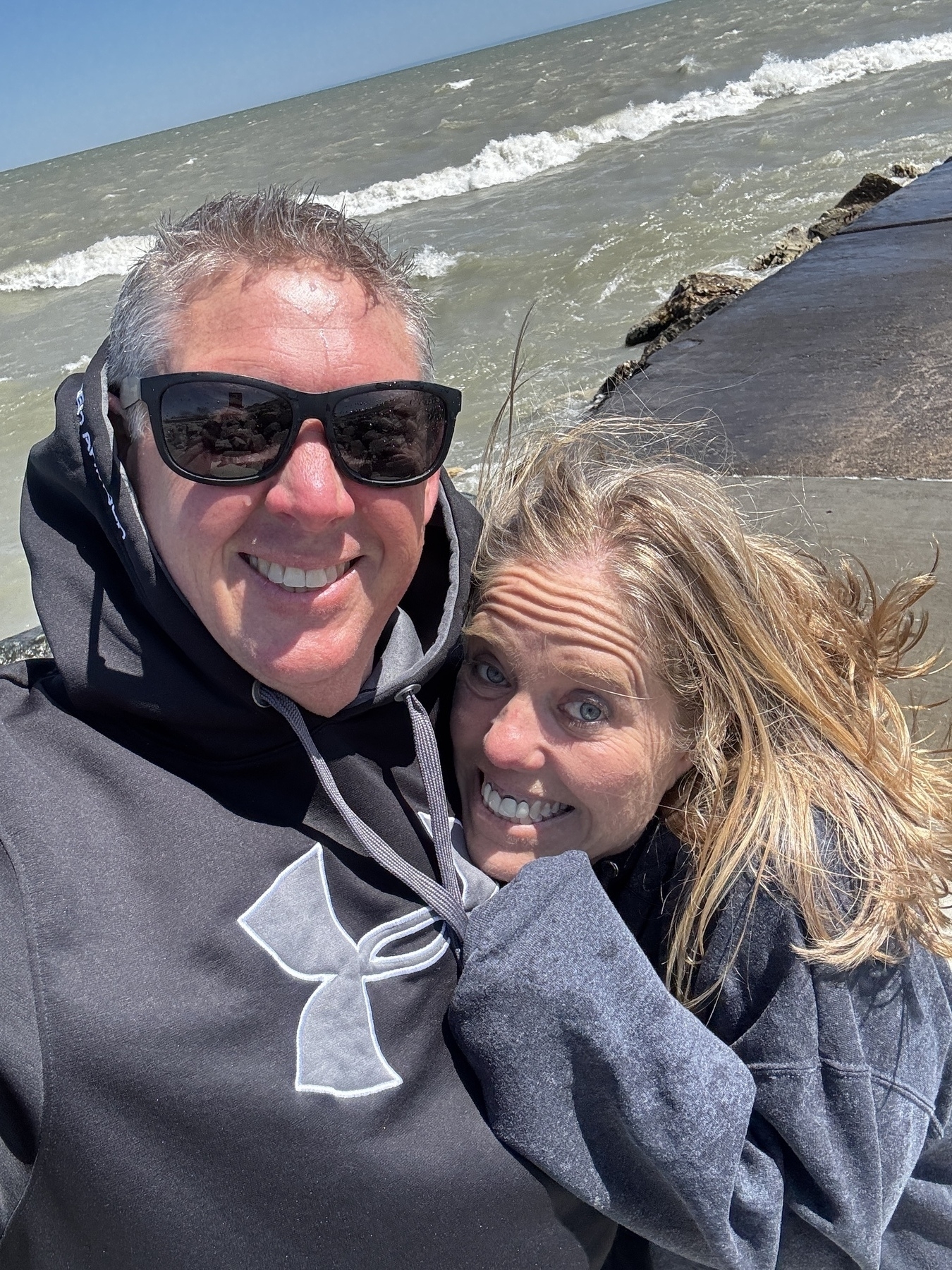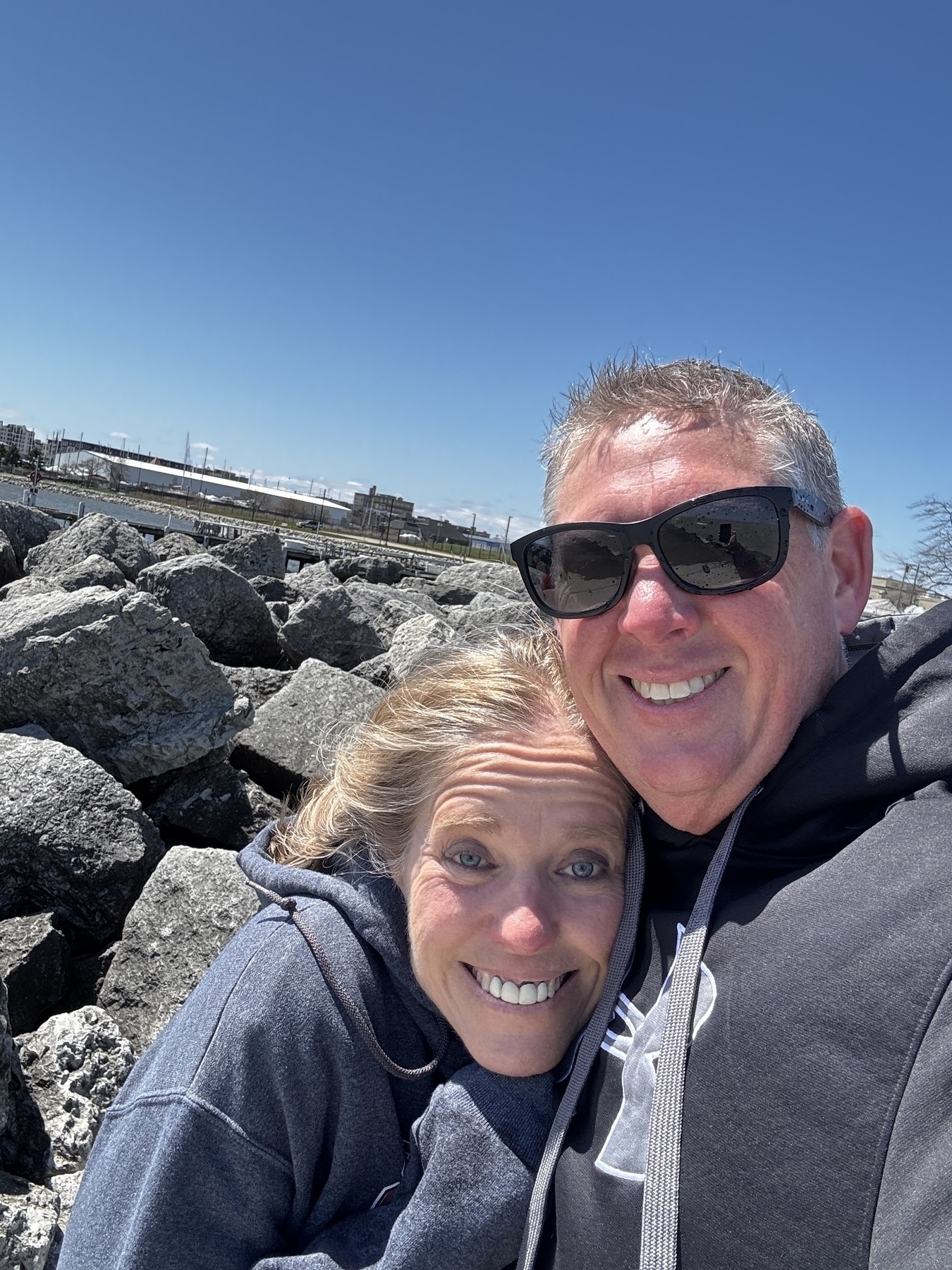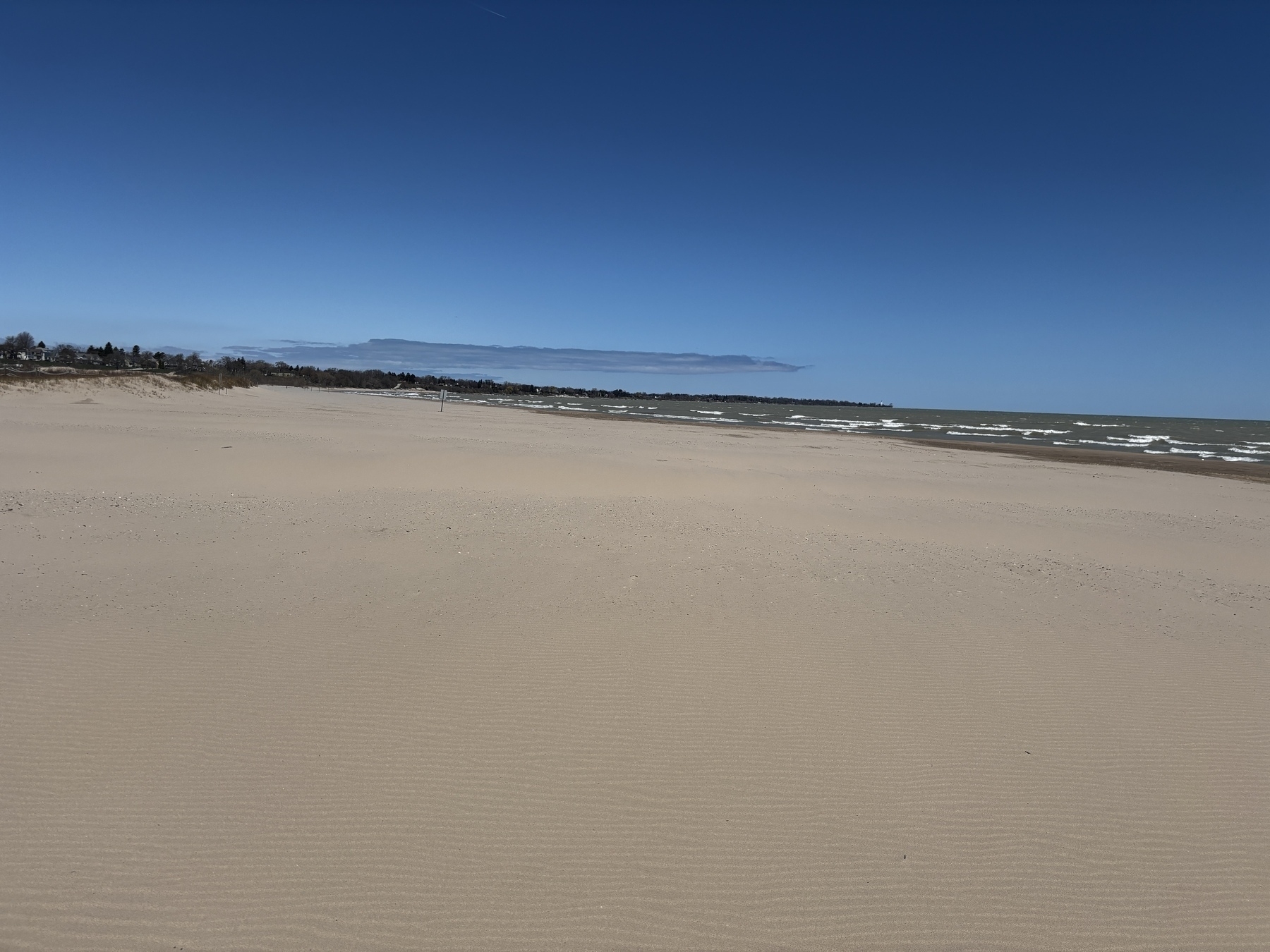Good morning! May we offer empathy, compassion, and kindness today. #MorningMug

Good morning! May we offer empathy, compassion, and kindness today. #MorningMug

Good morning! May you have no regrets today. #MorningMug
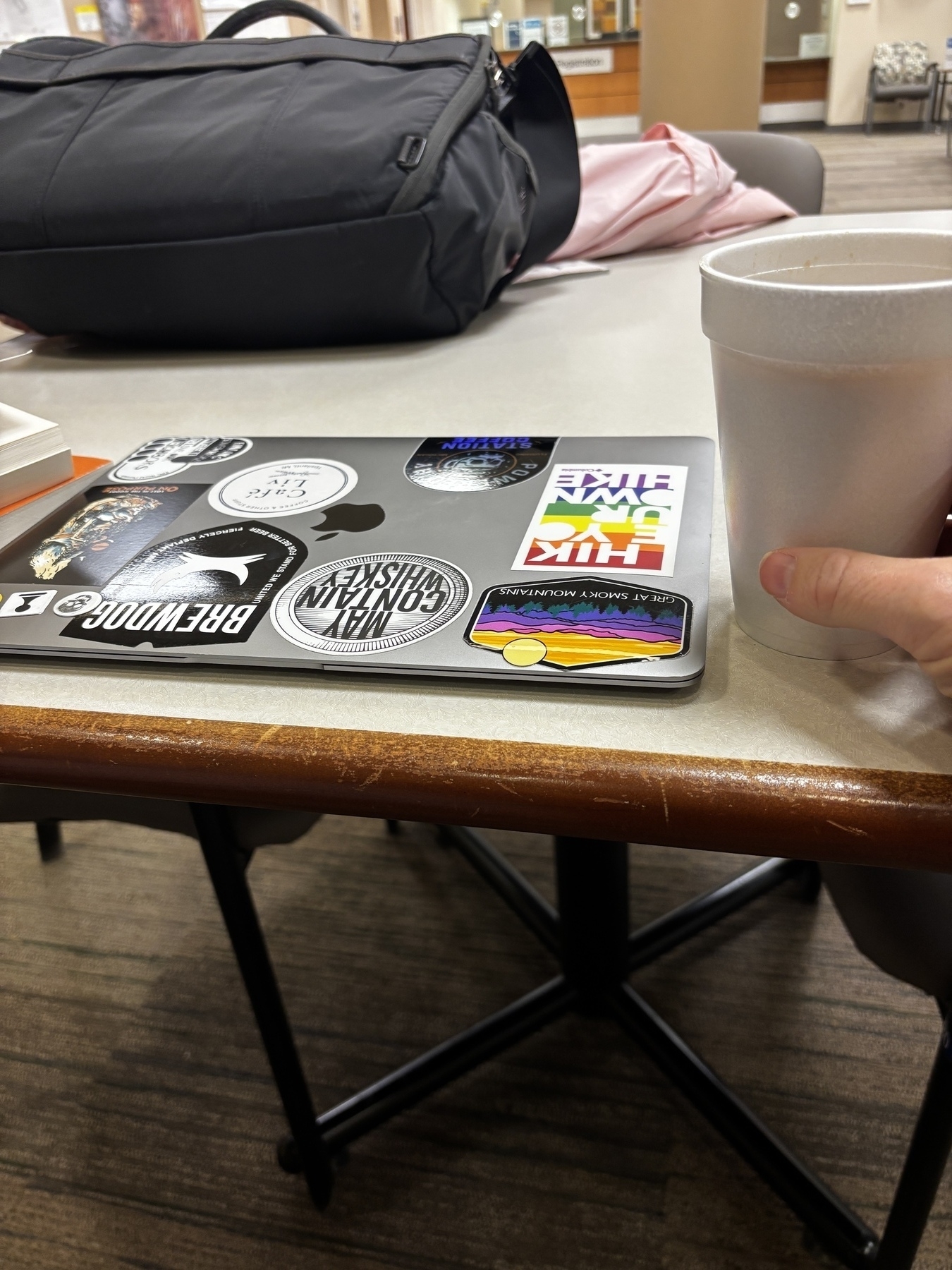
Good morning! May you choose to be in community today. #MorningMug

A bittersweet day today at Saginaw Valley State.

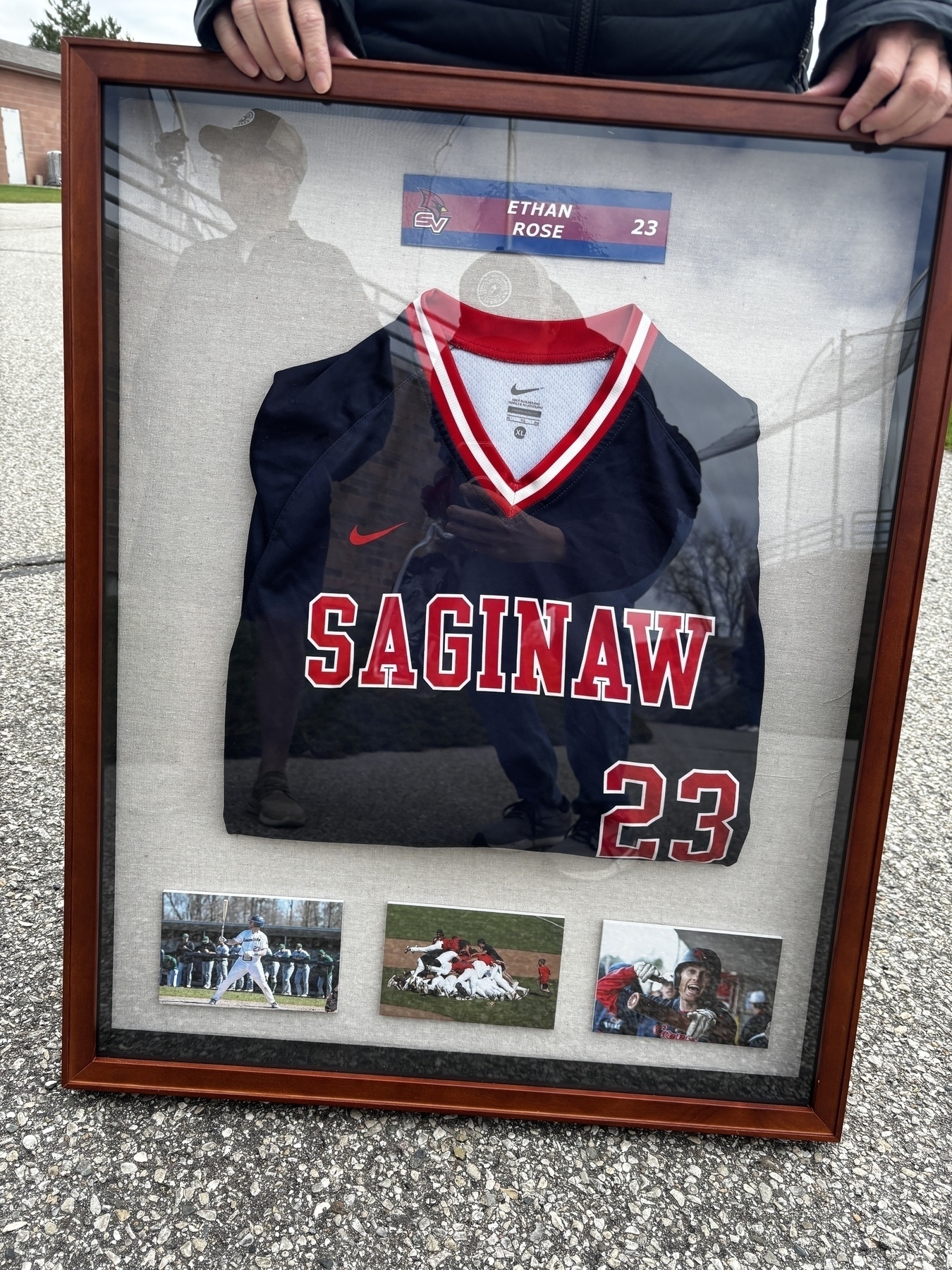
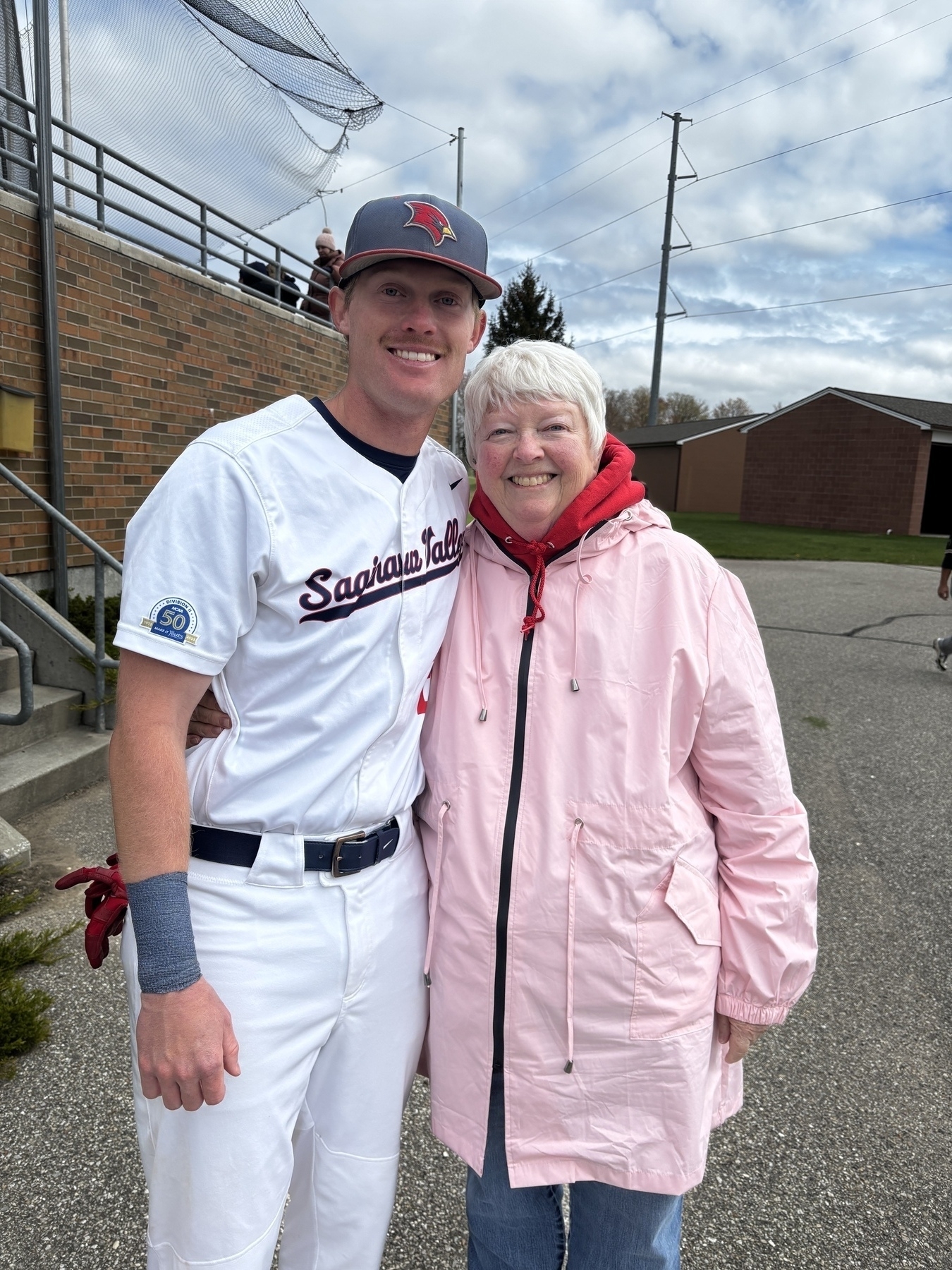
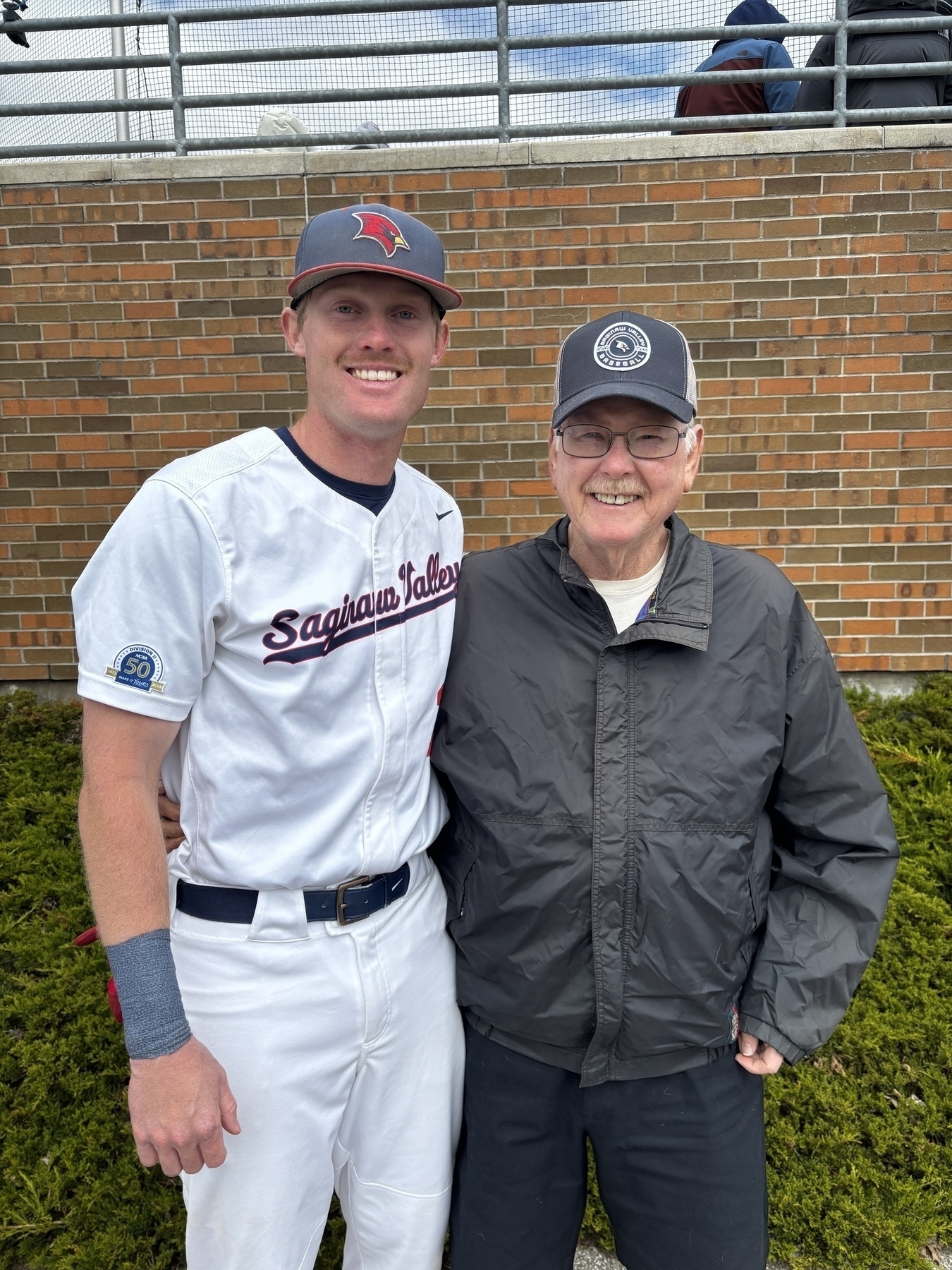
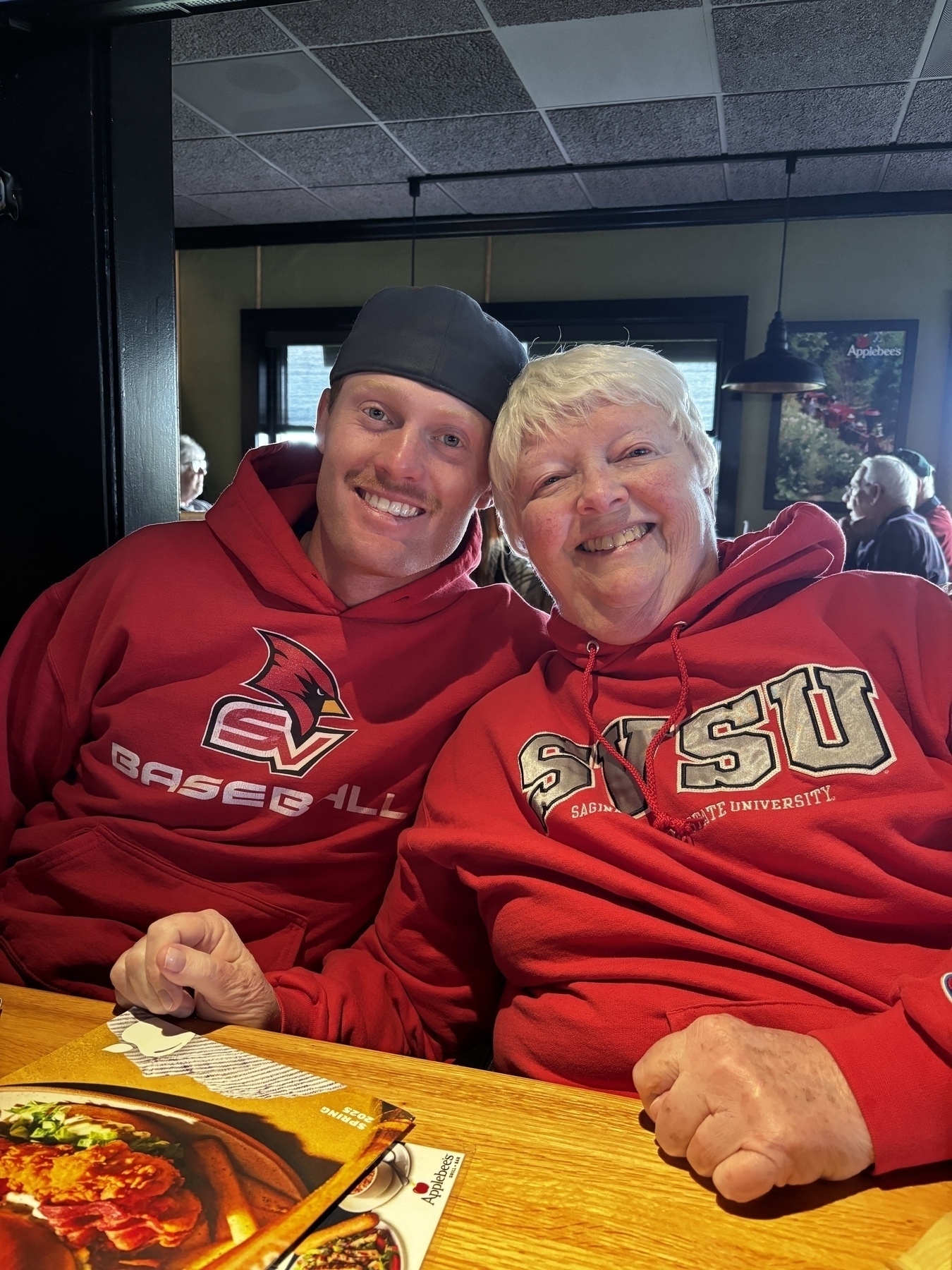
Good morning! May you simply be present to the moment today. #MorningMug

This cracked me up!

The workouts you don’t want to do are the most important ones. I didn’t want to go to the gym today. I did anyway.
Today, I did a movement that I didn’t think I could do. I wouldn’t have done it if I didn’t show up.
Show up.
#Discipline2025

Good morning! Choose to be the person you want your “enemy” to be. #MorningMug

Good morning! As we begin a new month, I hope you will experience an abounding grace. #MorningMug

Good morning! May you pursue righteousness even when it comes at a cost. #MorningMug

This Sunday we will be beginning a new series of summer conversations called, “Whispers of Grace.” Each will be focused on a word from a different book of the New Testament. This week is, “righteousness” from Matthew.

Good morning! Do the hard thing today, it will be worth it. #MorningMug

Good morning! May you choose contentment today. #Discipline2025

Good morning! May you be fully present today wherever you find yourself. #MorningMug

Lake Michigan from the wrong side, still overwhelmingly beautiful.
Also? We may have been soaked at this point because someone wanted to try to walk to a lighthouse with the wind whipping 1 billion mph. 🤭
